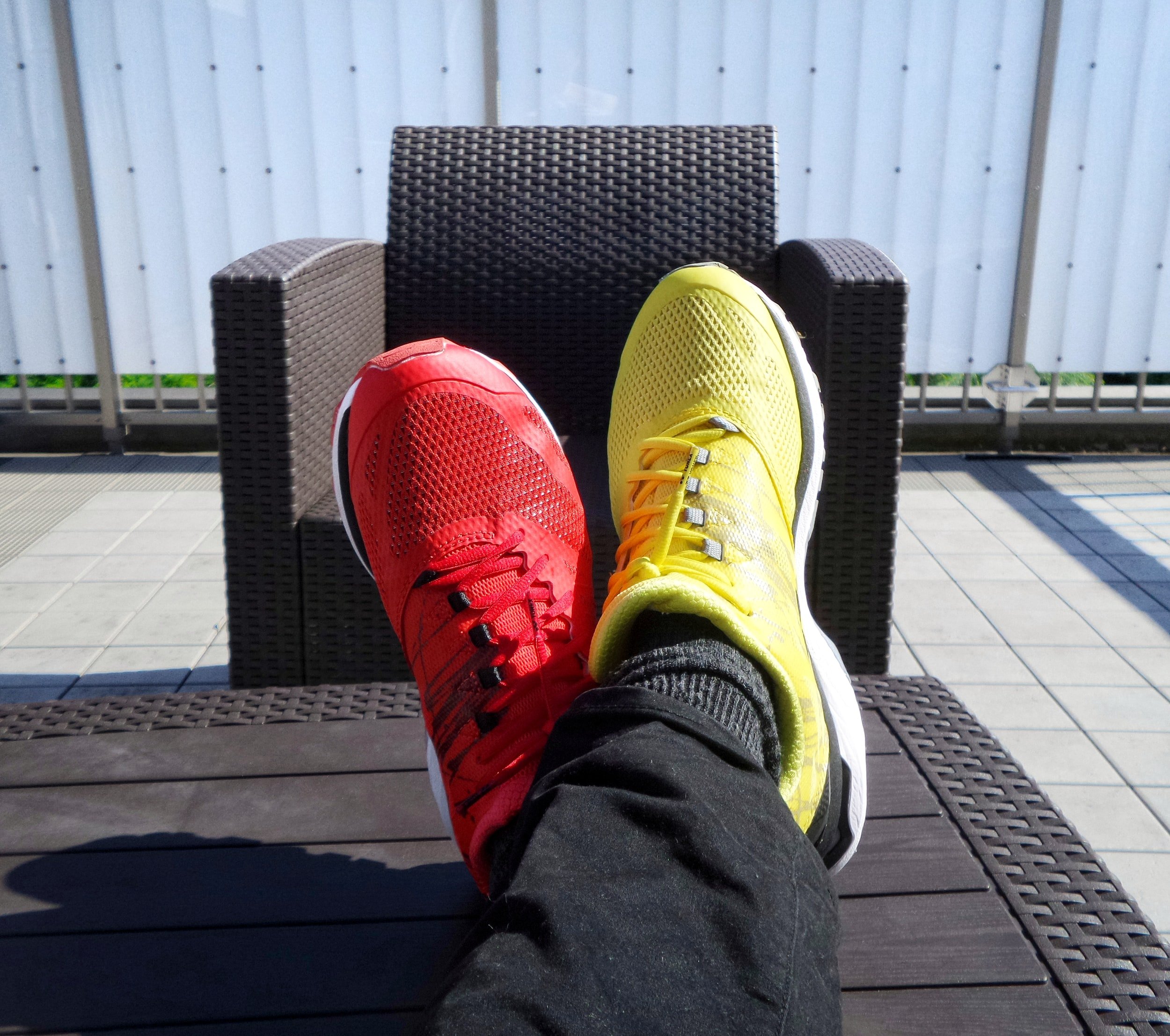Researching society and culture with generative AI
In this guest post, Sage author Carol Rivas explores the current AI capabilities for researching society and culture.
Statistical Research Methods: Providing Researchers with the Confidence to Understand Data
Dr James Abdey discusses the importance of statistical literacy and applications of methodologies to assist researchers in understanding their data and presenting their results clearly, objectively, and with confidence.
Use Research Cases to Teach Methods for Large-Scale Data Analysis
Use research cases as the basis for individual or team activities that build skills.
What do researchers need to know about using datasets?
Want to learn more about research with datasets? This curated collection of open-access articles can help you understand defining characteristics, and develop data literacy skills needed to work with large datasets and machine learning tools for managing Big Data sources.
Understanding Algorithmic and Societal Bias: Scientists and Advocates Discuss Data and Blackness
Speakers at SICSS-Howard/Mathematica 2022 explore how change does not affect populations equally, and how the exclusion of underrepresented communities can perpetuate social injustice.
Research design with computing: Something old, something new
Learn how computational social sciences help scholars to renew their research in several directions.
Collaboration: Human Skills in a Big Data World
Big Data can mean the research is too big to conduct on your own. In this post, find four types of research collaborations involving Big Data, with open-access examples.
Ethics in Big Data and Computational Social Science Research
This collection of open-access articles offers multiple perspectives on the use of Big Data and ethical protocols for computational research methods.
Video interview: Kate Chatfield, Editor of Research Ethics on research relevance
What does Dr. Kate Chatfield, Editor of the Research Ethics journal, have to say about research relevance?
Video interview: Matthew Zook, Managing Editor of Big Data & Society on research relevance
What does Dr. Matthew Zoom, Managing Editor of the Big Data & Society journal, have to say about research relevance?
Analyze Big Data
Want to learn about Big Data analysis? Here are some open-access examples.
Gary King makes all lectures for Quantitative Social Science Methods course free online
What is the field of statistical analysis? So begins Gary King’s first online course in the Harvard Government Dept graduate methods sequence. King, the Albert J. Weatherhead III University Professor at Harvard University -- one of 25 with Harvard's most distinguished faculty title -- and Director of the Institute for Quantitative Social Science has just recorded all his lectures and made them free to access online. The videos range in length from 30 minutes to an hour and half and you can watch them all on YouTube here.
In a pandemic, what use is Google?
This blog by Sam Gilbert explains how internet search data is being used in responses to the Covid-19 pandemic, and what search datasets and tools are available to researchers.
Thick Big Data: Mixed Methods for Our Time
Dr. Dariusz Jemielniak discusses the importance of mixed methods in Big Data research.
Big data, music streaming platforms and the social dynamics of music taste
The rise of music streaming platforms, such as Spotify and Apple Music, has contributed to an explosion of new forms of digital data about music consumption practices. As the digital platforms through which consumers access and engage with recorded music and creators distribute it, they are uniquely positioned to create immense volumes of data about what and how people consume music, individually and at scale. From data about what music people search for and skip, to demographic information about who is consuming what, music streaming platforms generate data about almost every micro-interaction with music, amassing enormous databases ripe for further value-extraction.
Book Review: The Costs of Connection: How Data is Colonizing Human Life and Appropriating it for Capitalism
The age of Big Data has frequently been framed as a new frontier in human life, presenting both brand new opportunities and brand new challenges. In The Costs of Connection, Nick Couldry and Ulises A. Mejias articulate an alternative view: the quantified world in which we now live is a product of the continuation and expansion of both colonialism and capitalism: not a new frontier, but the inevitable expansion of an existing one.
Theory and tools in the age of big data
Back in February, I had the privilege of attending Social Science Foo Camp, a flexible-schedule conference hosted in part by SAGE at Facebook HQ where questions of progress in the age of Big Data were a major topic of discussion. What I found most insightful about these conversations is how using or advocating for Big Data is one thing, but making sense of it in the context of an established discipline to do science and scholarship is quite another.
Top 10 big data and social science innovations
People look to academia as the source of innovation, and especially so in the natural and physical sciences. Researchers in biosciences, clinical medicine, physics, and chemistry have always generated new ideas for industry to capitalize on. Generally, innovations coming out of the social sciences would be assimilated into the private sector via secondments or collaborative projects, with Richard Thaler’s Behavioral Insights Team as the finest example. However, the emergence of big data and computational social science has generated a host of technologies that are either developed together with social science researchers or have clear application in the social science praxis outside academia.
New ways of thinking about social science research. My time at the Summer Institute in Computational Social Science
Coming from a social science background, I have had very limited exposure to data science. I was therefore excited to learn about the emerging field of computational social science and the Summer Institute in Computational Social Science (SICSS) presented the right opportunity. I applied to the 2019 SICSS and I was accepted for the Cape Town partner site. I went in not knowing what to expect but by the end of the first day I knew the experience at the two-week Summer Institute was going to be truly worthwhile.
Creative Approaches with Big Data
Quantitative researchers, including those who work with Big Data, think creatively. This collection of open access articles might give you some food for thought about your own research.















